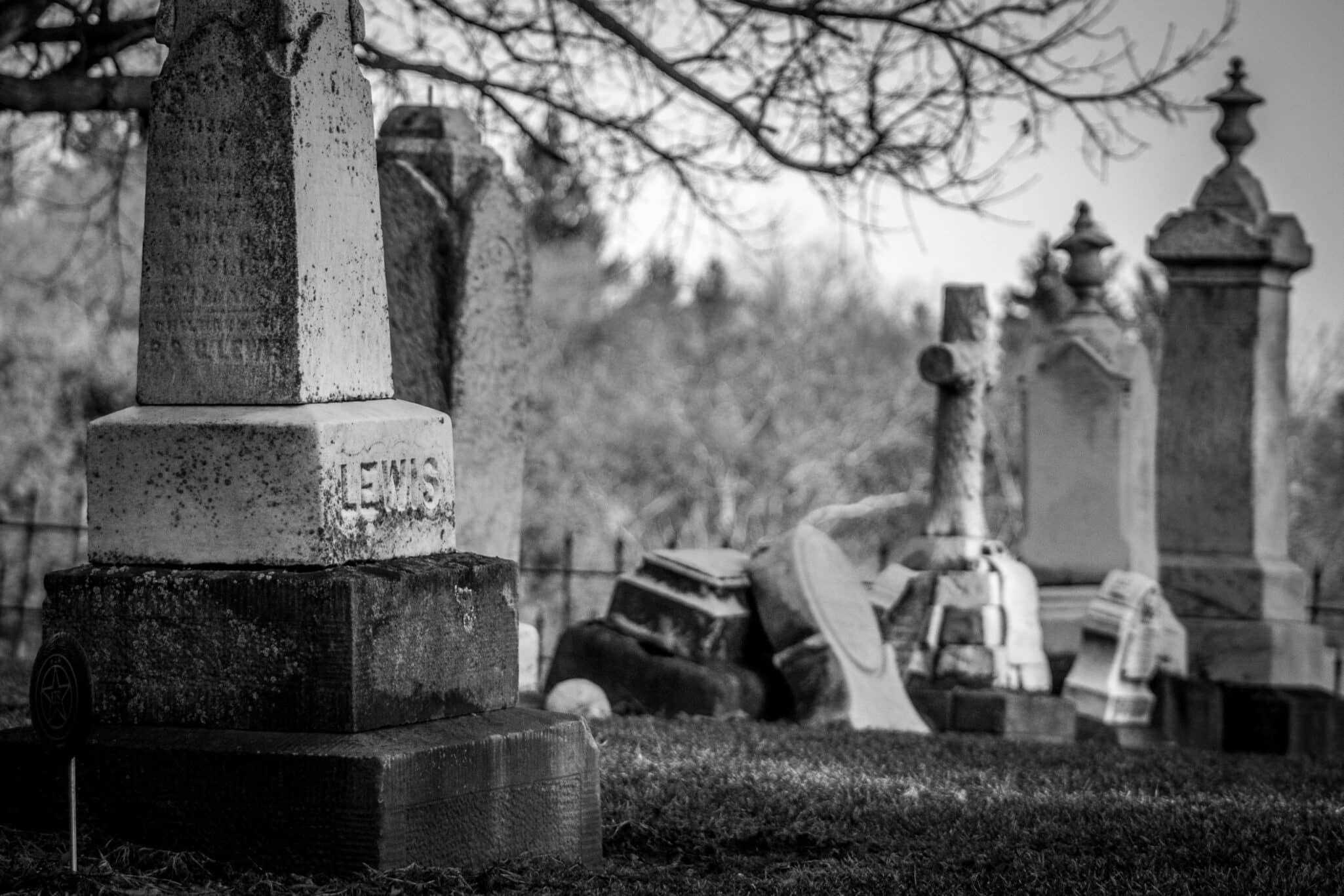Parents who want to protect their home from being sold by heirs can do so by way of a dynasty trust, but it gets complicated, explains the Santa Cruz Sentinel’s article “Not a good idea to keep home in ‘dynasty trust.’” Every situation is different, so every family considering this strategy should meet with an estate planning attorney to learn if this is a solution or an added complication.
Why would the parents want to make their children’s lives complicated? Perhaps they think the children are likely to end up in a bad situation, and they are attempting to provide a safe landing for what they believe is inevitable. Or they simply cannot manage the idea, that one day the house won’t be part of the family.
The house can be protected from a sale, through the use of a revocable trust. Instead of distributing the home in equal shares among their children, along with all of their other assets, the house can be put in the trust and their trust can continue after their deaths. The trust can include any restrictions they want, with respect to how they want the home to be maintained after their deaths.
They can even put their home into a dynasty trust. Done correctly, a dynasty trust can hold the property for the children, grandchildren and great-grandchildren. However, there are some issues.
First, if the home is held in trust, it means that the trust must be funded, since there will be expenses for the home, including maintenance and upkeep. Unless the home is used as a rental property, there won’t be any income to pay for these expenses. The parents will need to leave a significant amount of assets in the trust, so that big and small items can be paid for, or the children may be charged with paying for the expenses.
Next is the problem of capital gains taxes. When the parents pass, the home receives a stepped-up cost basis. That means that when the property is eventually sold, the amount of capital gains tax and in this case, California income tax due, will be based on the increase of the value of the property since the surviving spouses’ date of death.
If the home is held in trust until all of the siblings have died, the value of the house will likely have increased dramatically. Where is the money to pay the taxes coming from? Will the house need to be sold to pay the tax?
What if one of the children decides to move into the house and lets it get run down? The other two siblings may never receive their inheritance. There are so many different ways that this could lead to an endless series of family disputes.
Keeping a “spare” house may not be realistic. It may force the children to become rental property managers when they don’t want to. It may exhaust their finances. In other words, it may become a family burden, and not a place of refuge.
Talk with an estate planning attorney. It may be far better to distribute the home outright to the children along with other assets and let them decide what the best way forward will be.
Reference: Santa Cruz Sentinel (December 1, 2019) “Not a good idea to keep home in ‘dynasty trust.’”


